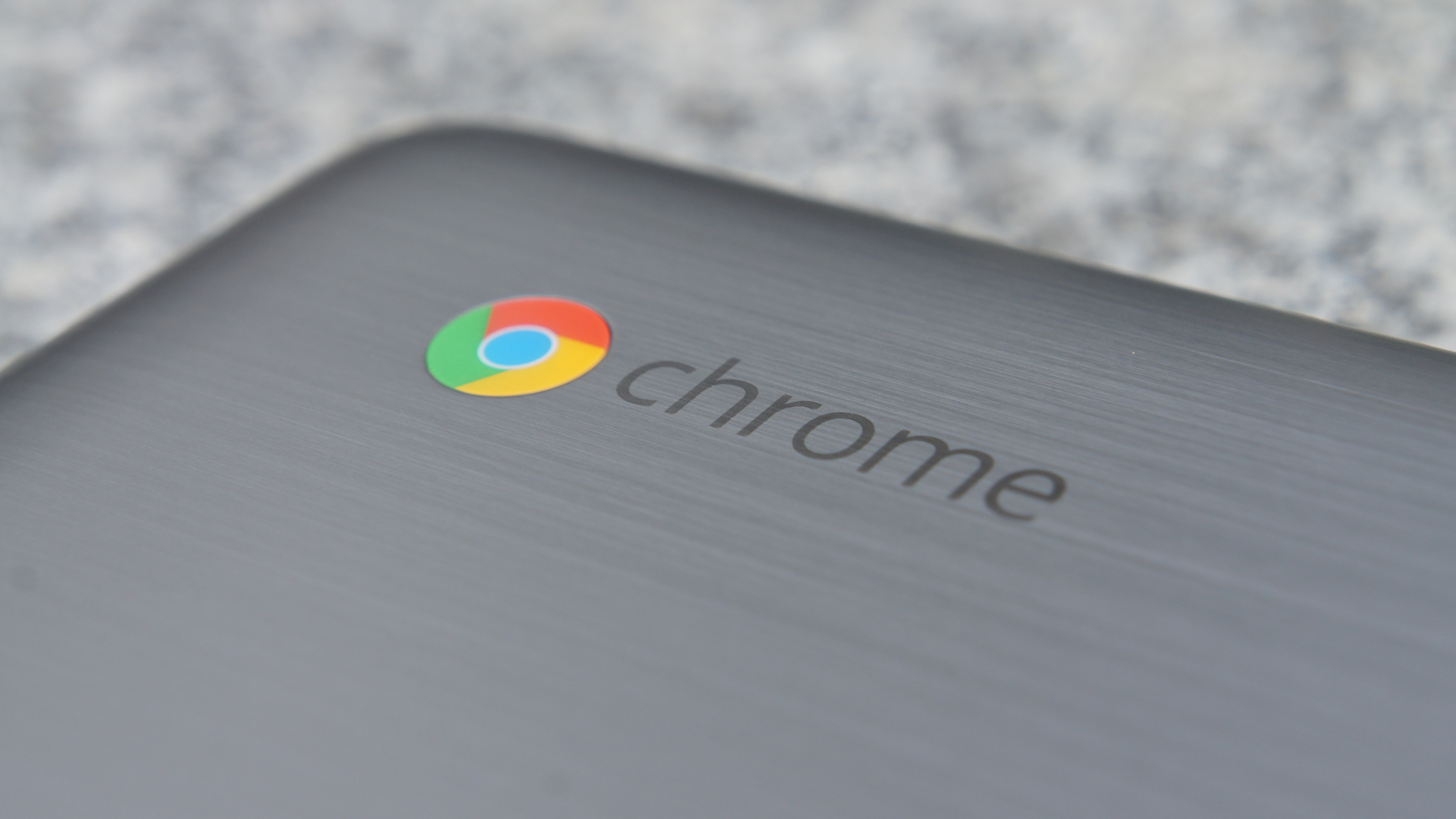Google Chrome introduces automatic ad-blocker
Sites will have 30 days to remove annoying ads


Google has announced it is launching an ad-blocking filter for Chrome users on desktop and Android to deal with "annoying" and "intrusive" ads.
The search giant announced its plans to block full-page ads, auto-playing video ads and more, last year and is now bringing those plans into effect.
The Coalition for Better Ads (CBA) made up of multiple companies including Facebook and Google will judge which ads are deemed disruptive for users.
Sites will have 30 days to remove these ads before the blocking kicks in. It comes after a survey by Better Ads Standards of 40,000 US and European web users revealed that the most intrusive ads were full-page ads that conceal the web content.
One of the things surveyed was which types of ads are deemed most annoying. It found the most troublesome were 'prestitial' ads, which prevent you from seeing any content on the page until you click the 'x' or flashing animated ads.
In practise, when a user navigates to a page via Chrome, the filter will check whether the page belongs to a site that fails the Better Ads Standards.
If it does, Chrome will cross-check the content on the page with data provided by the EasyList filter rules and its own AdSense and DoubleClick database to analyse whether anything correlates with ad-related URL patterns it holds. If a match is found, that content will be blocked.
Get the ITPro daily newsletter
Sign up today and you will receive a free copy of our Future Focus 2025 report - the leading guidance on AI, cybersecurity and other IT challenges as per 700+ senior executives
When at least one ad is blocked in this way, it will show the user that some content has been blocked, giving them the choice to unblock said content.
"While the result of this action is that Chrome users will not see ads on sites that consistently violate the Better Ads Standards, our goal is not to filter any ads at all but to improve the experience for all web users," Chris Bentzel, engineering manager at Google's Chrome, said. "As of February 12, 42% of sites which were failing the Better Ads Standards have resolved their issues and are now passing."
The CBA assesses websites according to how many violations of Better Ads Standards are found on a sample of pages. Depending on how many instances occur, they achieve a status of Passing, Warning, or Failing. Site owners can appeal for them to be re-assessed if they remove the offending content.
Chrome is used by over 56% of web users and many will welcome this. For sites however who use display advertising as a means of siphoning revenue, this could potentially be an issue. Many users, including 22% in Britain, are increasingly deploying ad-blockers to block ads.
-
 Should AI PCs be part of your next hardware refresh?
Should AI PCs be part of your next hardware refresh?AI PCs are fast becoming a business staple and a surefire way to future-proof your business
By Bobby Hellard Published
-
 Westcon-Comstor and Vectra AI launch brace of new channel initiatives
Westcon-Comstor and Vectra AI launch brace of new channel initiativesNews Westcon-Comstor and Vectra AI have announced the launch of two new channel growth initiatives focused on the managed security service provider (MSSP) space and AWS Marketplace.
By Daniel Todd Published